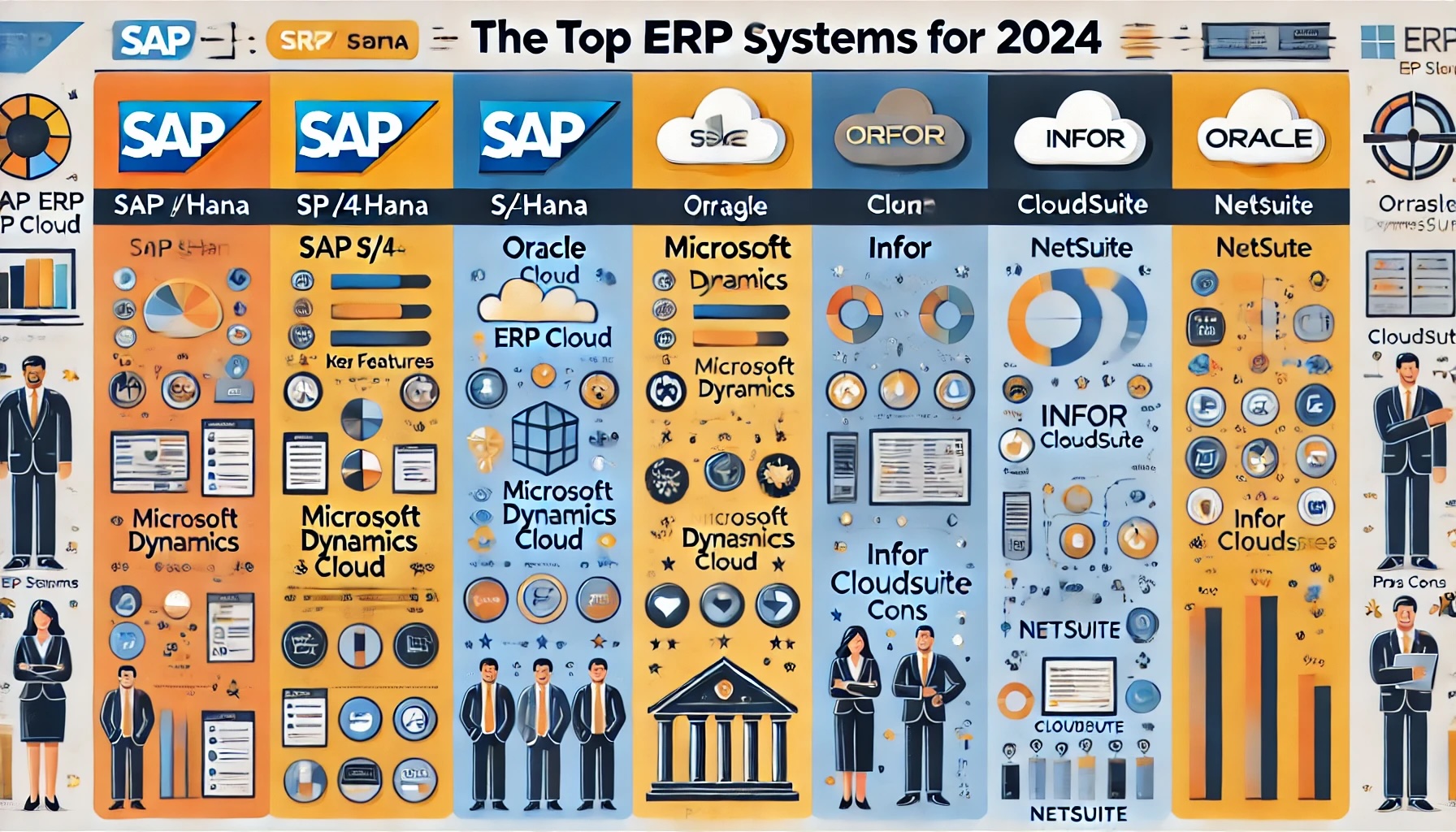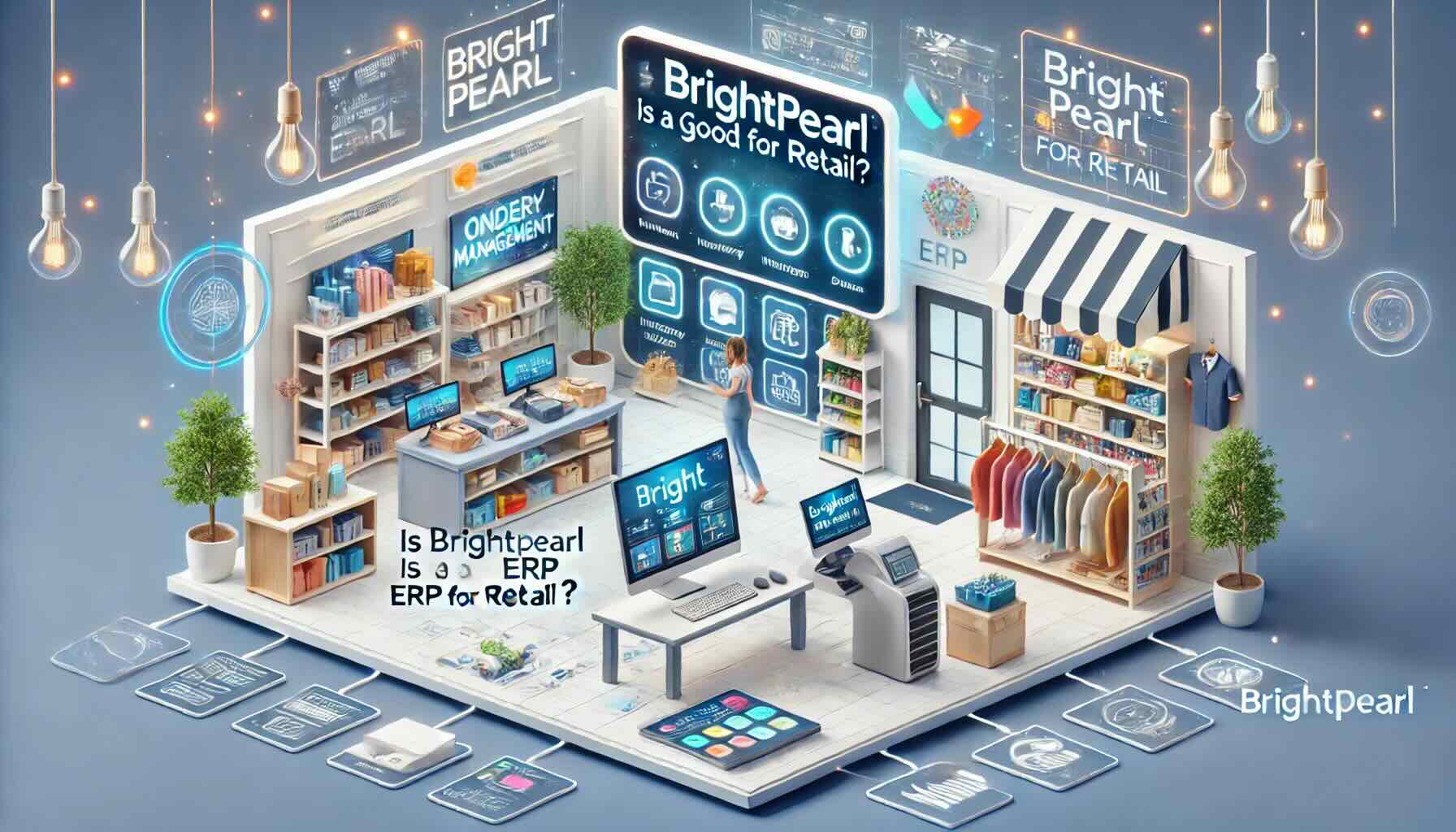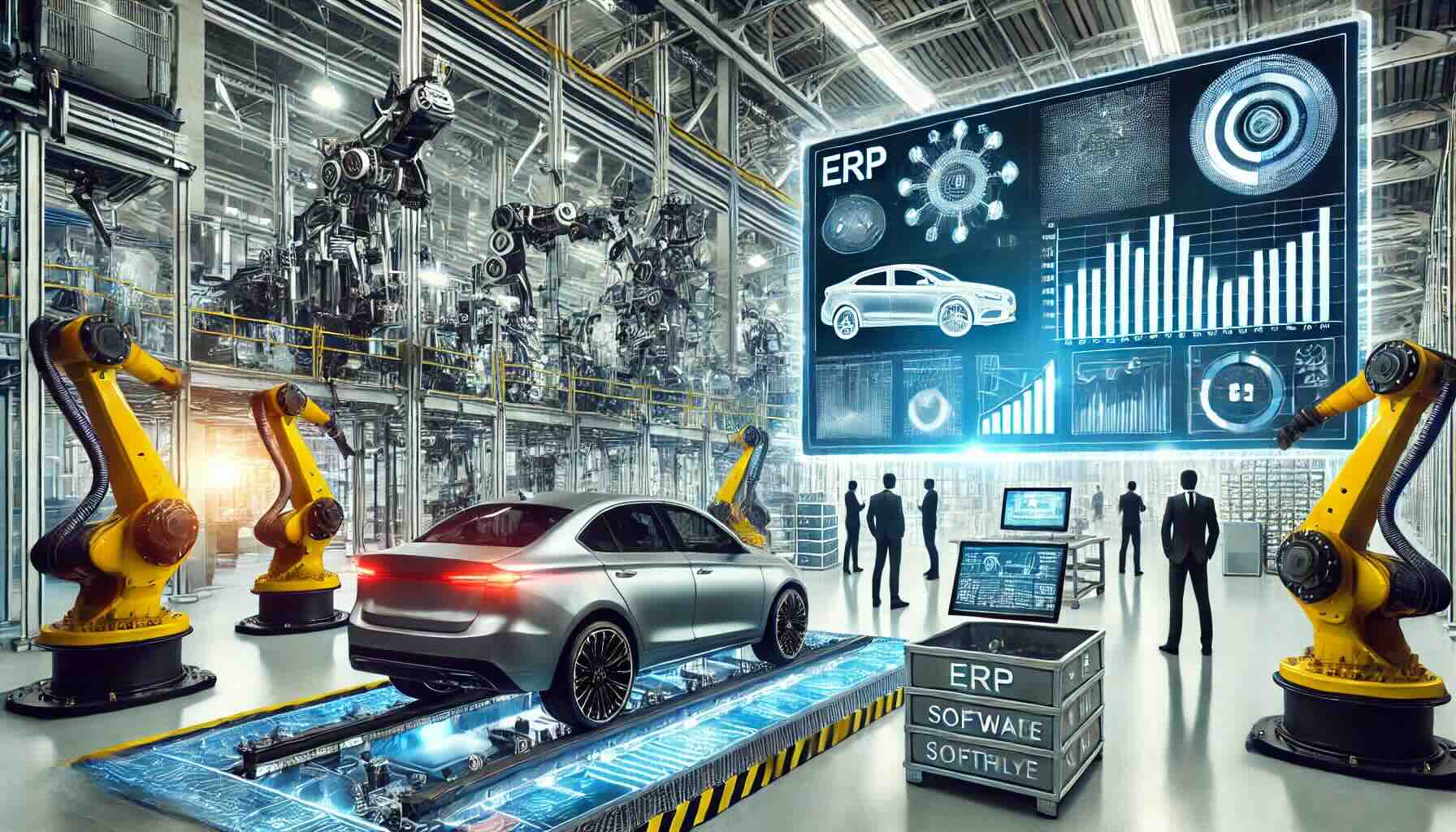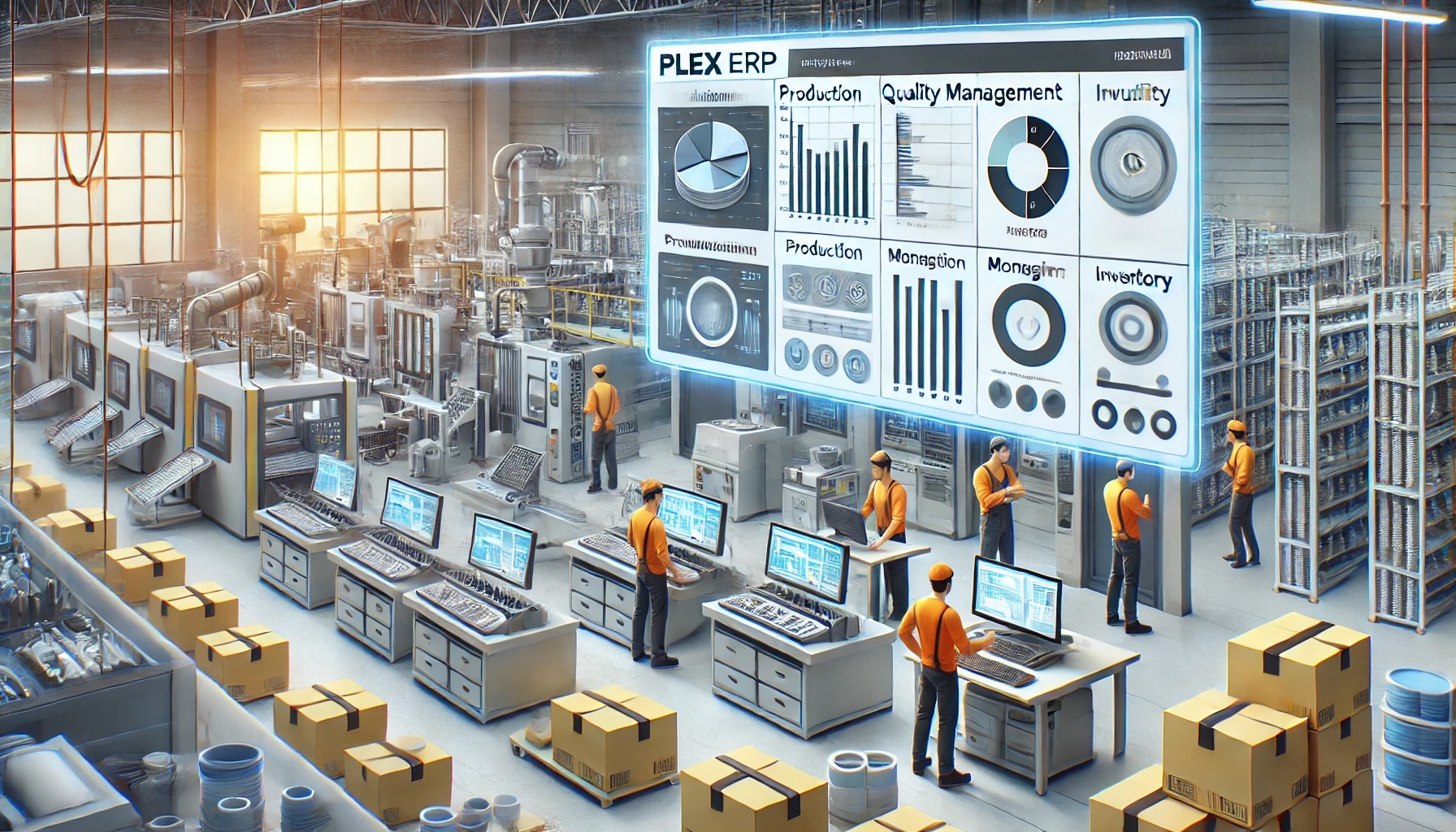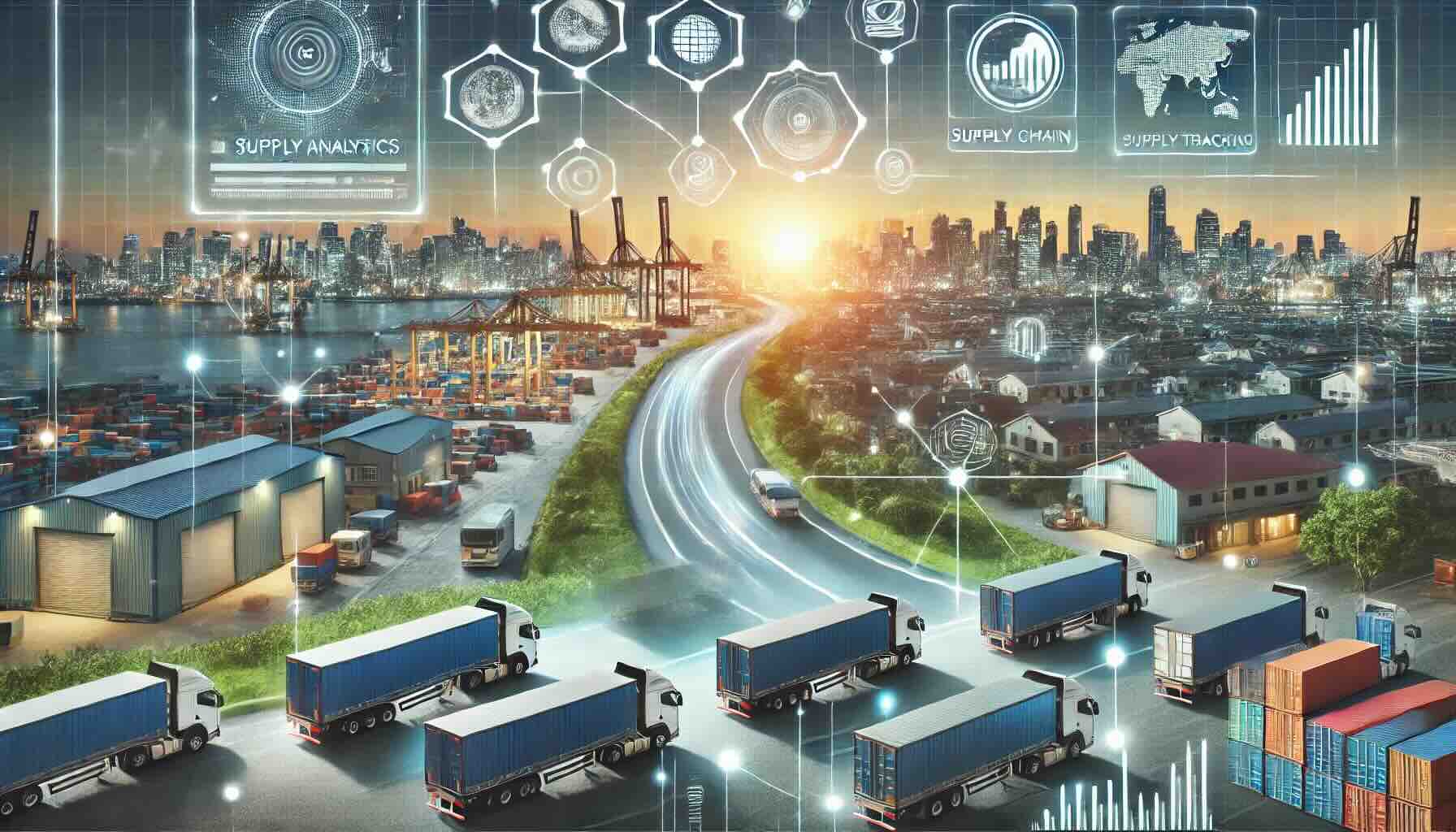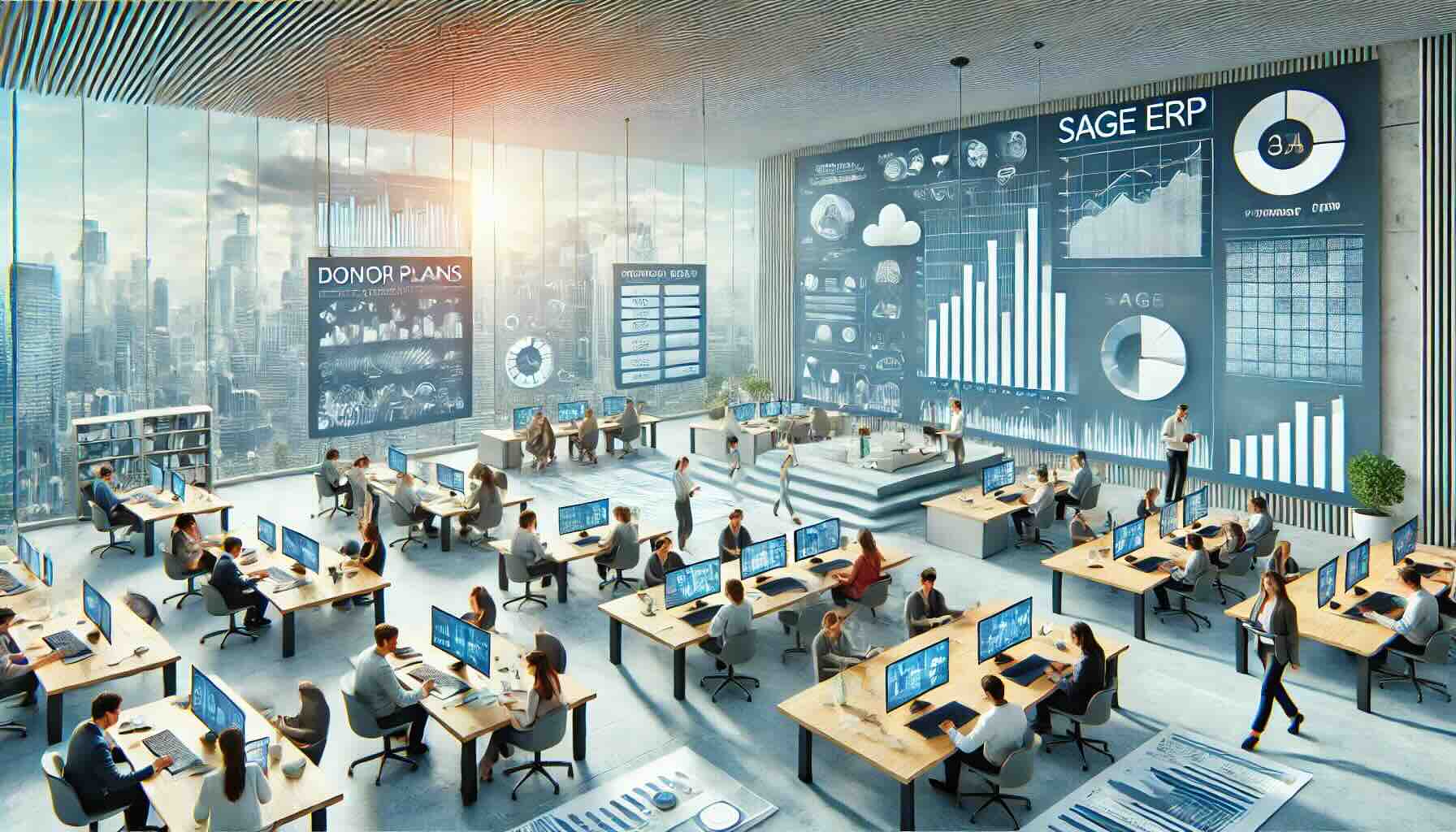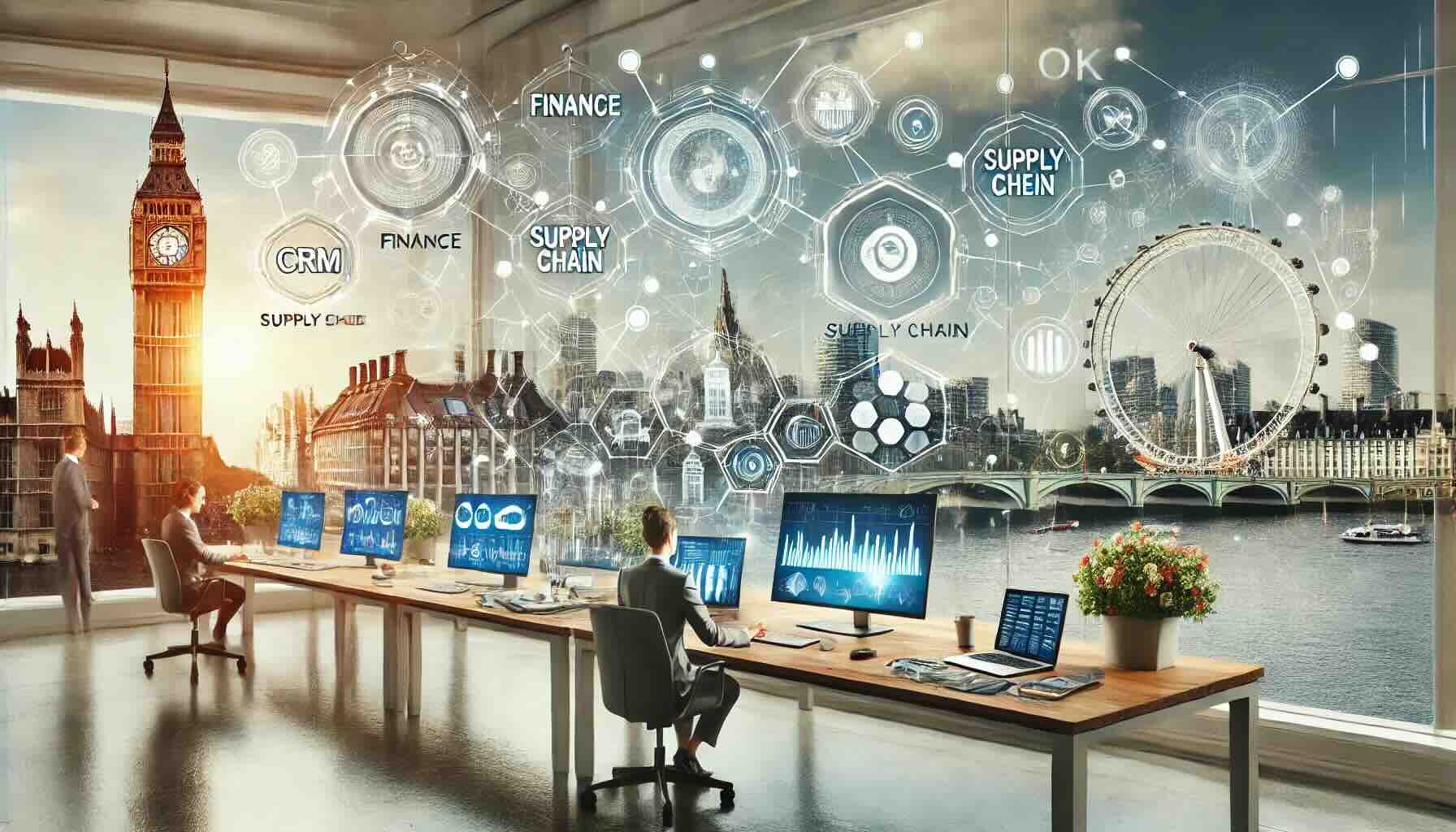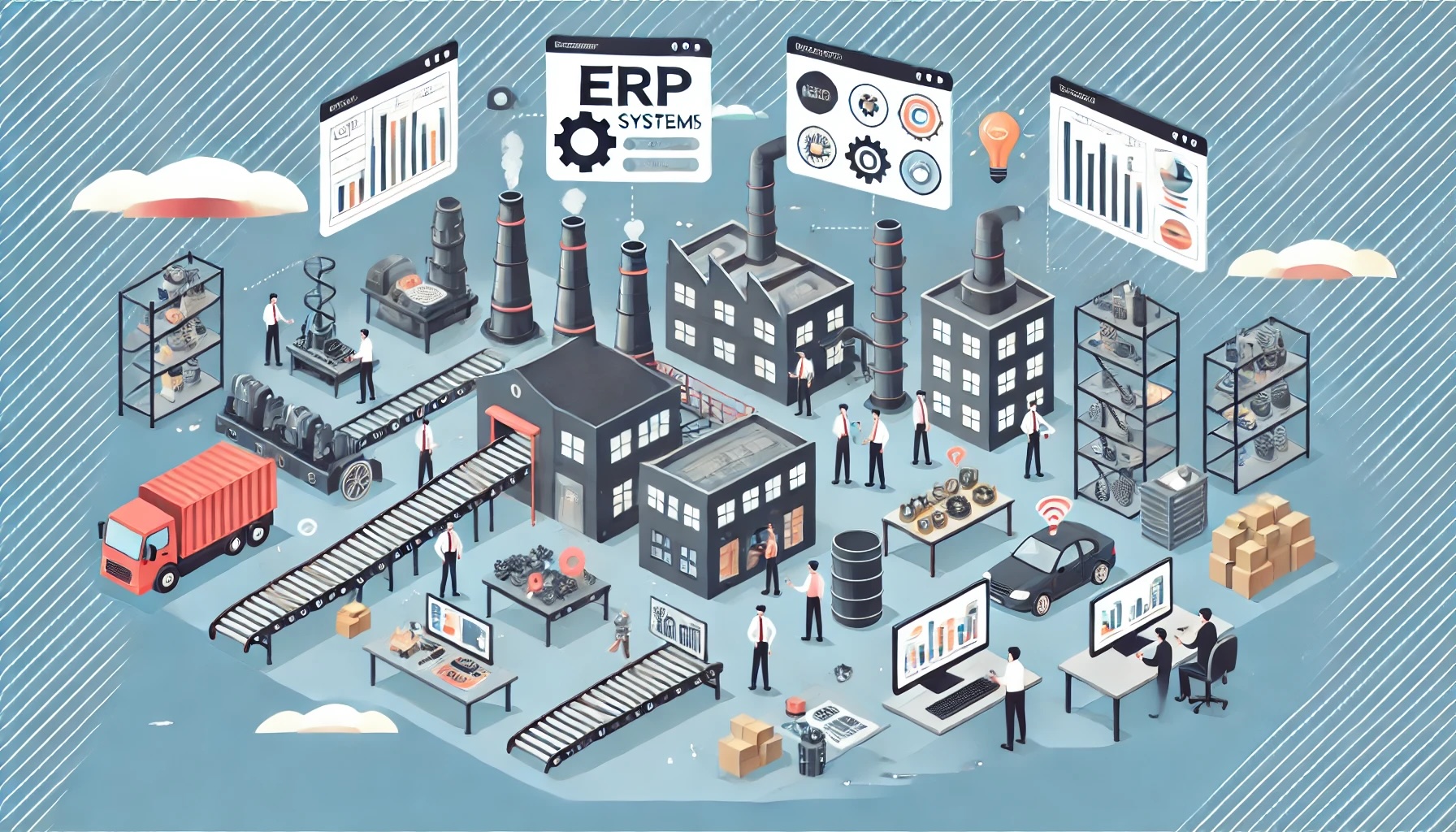Is SAP Business One a Good ERP for Consumer Goods Businesses?
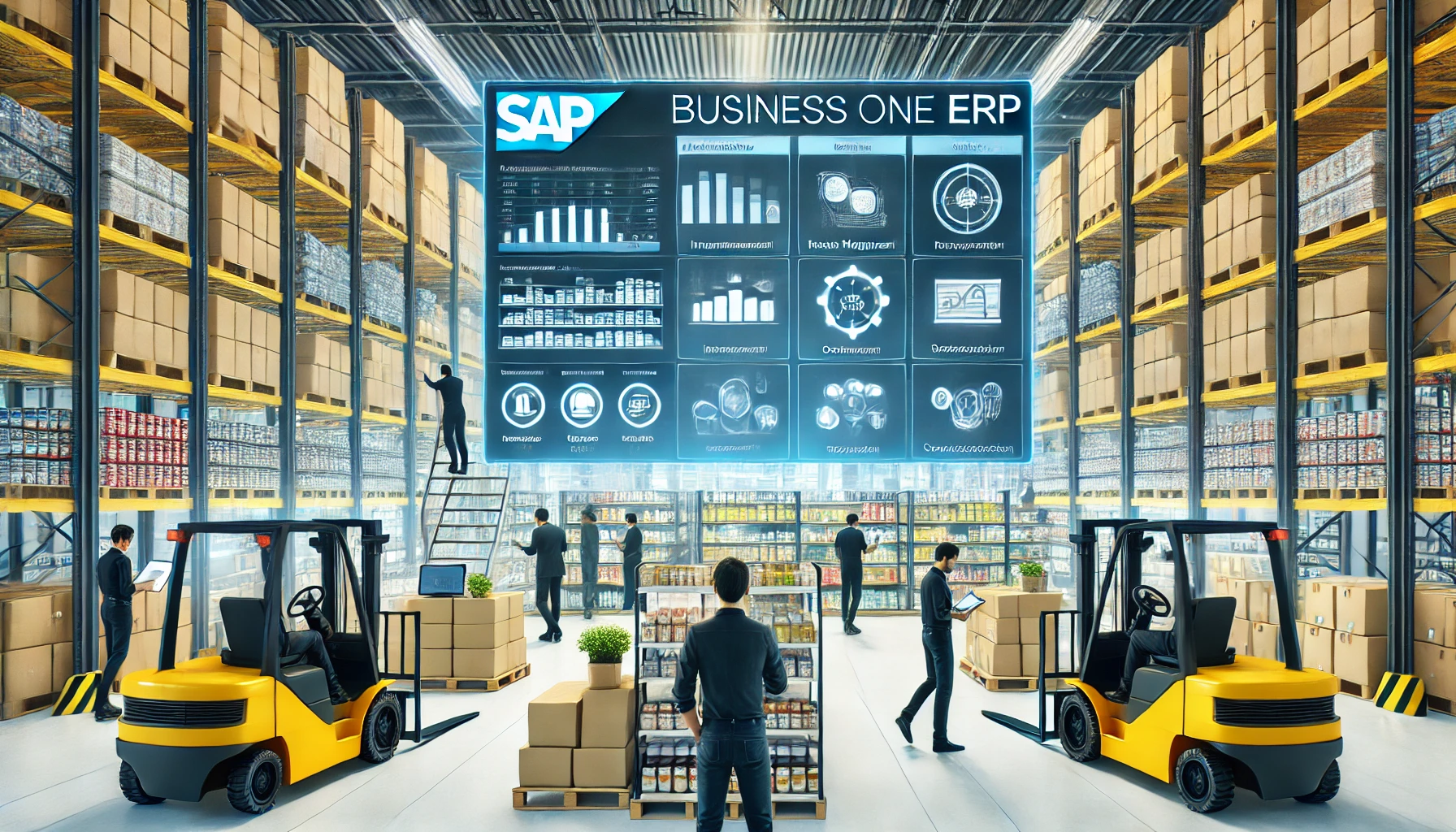
In the competitive world of consumer goods, managing inventory, optimizing supply chains, and maintaining customer satisfaction are critical for success. Enterprise Resource Planning (ERP) systems integrate various business processes, enhancing operational efficiency and improving decision-making capabilities. One such ERP solution is SAP Business One. But is SAP Business One a good ERP for consumer goods businesses? This blog will explore the strengths and weaknesses of SAP Business One, helping you determine if it is the right fit for your consumer goods operations.
Strengths of SAP Business One for Consumer Goods
- Comprehensive Inventory ManagementSAP Business One offers robust inventory management capabilities that are essential for consumer goods businesses. The system provides real-time visibility into inventory levels, allowing businesses to track stock across multiple locations, manage warehouse operations, and optimize inventory levels. This helps prevent stockouts and overstock situations, ensuring that products are available when and where they are needed.
- Streamlined Supply Chain ManagementEfficient supply chain management is crucial in the consumer goods industry. SAP Business One supports end-to-end supply chain processes, from procurement and production to distribution and sales. The system helps businesses manage supplier relationships, track shipments, and optimize logistics. This ensures that products move smoothly from suppliers to customers, reducing lead times and improving overall efficiency.
- Integrated Customer Relationship Management (CRM)SAP Business One includes a built-in CRM module that helps consumer goods businesses manage customer interactions and improve customer service. The CRM features allow businesses to track customer orders, manage service requests, and gain insights into customer preferences and buying behavior. This integration helps businesses build stronger customer relationships and improve customer satisfaction.
Weaknesses of SAP Business One for Consumer Goods
- High Implementation CostsOne of the primary drawbacks of SAP Business One is its high implementation cost. The initial setup, customization, and integration fees can be significant, which may be a barrier for smaller consumer goods businesses with limited budgets. Ongoing maintenance and support costs can also add up over time.
- Complex Implementation ProcessImplementing SAP Business One can be complex and time-consuming, particularly for larger businesses with extensive existing systems. The transition to a new ERP system requires careful planning, significant resources, and potentially, the assistance of external consultants. This complexity can delay the realization of benefits and increase implementation costs.
- Customization ChallengesWhile SAP Business One offers extensive customization options, these can require additional time and financial investment. Businesses with specific and complex needs might incur higher costs to tailor the system to their exact requirements. Custom development and integration with other systems can also be resource-intensive.
How SAP Business One Can Benefit Consumer Goods Businesses
Despite some limitations, SAP Business One offers several features that can significantly benefit consumer goods businesses. The system’s comprehensive inventory management tools ensure that products are always available, reducing the risk of stockouts and improving customer satisfaction. Streamlined supply chain management helps optimize logistics and reduce lead times, ensuring that products move efficiently from suppliers to customers. The integrated CRM module helps businesses build stronger customer relationships, enhancing customer loyalty and driving repeat business.
Conclusion
SAP Business One ERP offers a range of powerful tools that can significantly benefit consumer goods businesses. Its strengths in comprehensive inventory management, streamlined supply chain processes, and integrated CRM make it an attractive option for many companies in this sector. However, the system also presents challenges, such as high implementation costs, a complex implementation process, and customization challenges. Consumer goods businesses must weigh these factors carefully against their specific needs and resources.
Ultimately, whether SAP Business One is the right choice for a consumer goods business depends on its size, budget, and operational requirements. By thoroughly evaluating these aspects and considering potential challenges, consumer goods businesses can make an informed decision that aligns with their strategic goals and enhances their operational efficiency.
To compare SAP Business One with 100s of other ERP solutions, you can use our new AI-powered Compare ERP tool. It’s free to use and you get a guaranteed discount on your first year’s licence fees with a referral from Compare ERP.

